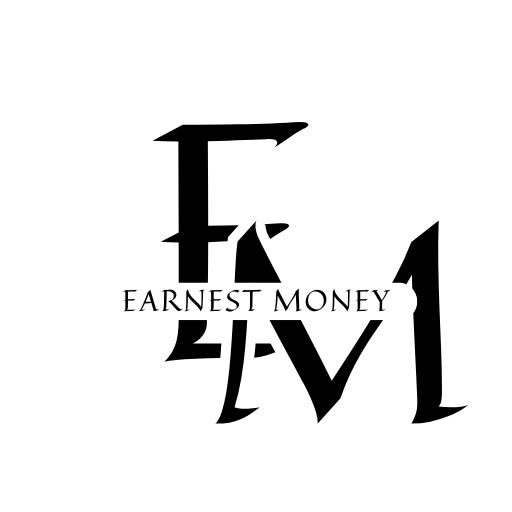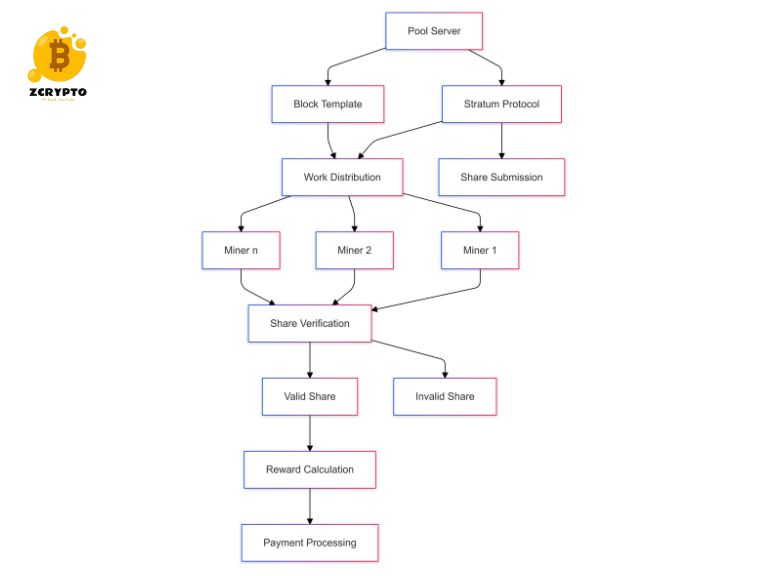Understanding exempt income is a crucial aspect of financial planning and tax compliance, especially for businesses and investors. Exempt income refers to certain types of earnings that are not subject to income tax at the federal, state, or local level. This can significantly impact your bottom line and overall financial health. In this article, we will delve into the key rules and limitations surrounding exempt income, providing a detailed guide to help you navigate these complex regulations.
- Understanding Deficits: Impact on Economy, Investment, and Financial Stability
- What is Music NFT? Transforming Artist-Fan Relationships
- Understanding the Euro Interbank Offered Rate (Euribor): How It Impacts Your Mortgages, Savings, and Investments
- Unlocking Dividend Recapitalization: How Private Equity Firms Boost Returns Through Strategic Debt Financing
- Understanding Currency Pegs: How Fixed Exchange Rates Impact Trade, Investment, and Economic Stability
What is Exempt Income?
Definition
Exempt income is essentially any earnings that are excluded from taxable income under specific laws and regulations. This means that even though you receive this money, it does not contribute to your taxable income.
Bạn đang xem: Understanding Exempt Income: Key Rules and Limitations for Business and Investment
Examples of Exempt Income
There are several types of exempt income that you might encounter:
-
Interest from municipal bonds: These bonds are issued by local governments and other public entities, and the interest earned is generally tax-free.
-
Distributions from Roth 401(k)s and Roth IRAs: If you follow the rules for these retirement accounts, withdrawals can be tax-free.
-
Certain employer-sponsored benefits: Benefits like supplemental disability insurance and health insurance plans may also be exempt from taxation.
Federal and State Exemptions
Federal Exemptions
The IRS determines which types of income are exempt from federal income tax. For example:
-
Xem thêm : What is ODL (On-Demand Liquidity)?
Municipal bond interest: As mentioned earlier, this is typically exempt.
-
Certain retirement accounts: Distributions from Roth accounts, under specific conditions, are also exempt.
State Exemptions
States have their own rules defining what constitutes exempt income, which may differ from federal regulations. For instance:
-
Some states do not tax unemployment benefits.
-
Certain types of investment income might also be exempt at the state level.
Business and Investment Context
Investment Income
In the context of business taxation, investment income is treated differently. Here’s how it works:
-
When computing business income, you subtract investment income from your entire net income (ENI).
-
There are limitations such as the greater of 8% of ENI or the amount of income that cannot be constitutionally apportioned.
Other Exempt Income
Xem thêm : How to Calculate and Interpret Funds From Operations (FFO) for REITs: A Comprehensive Guide
Other categories include:
-
Income from controlled foreign corporations (CFCs) and unitary corporations: There are specific rules for attributing interest deductions to these incomes.
-
Investment capital: This is subtracted from total net assets but cannot be less than zero.
Unrelated Business Taxable Income (UBTI) for Tax-Exempt Entities
Definition of UBTI
Unrelated Business Taxable Income (UBTI) refers to income derived by a tax-exempt entity from an unrelated trade or business that it regularly carries on. This does not include dividends, interest, or capital gains.
Debt-Financed Property
UBTI includes income from debt-financed property, which has significant implications for tax-exempt investors in partnerships or limited liability companies.
Siloing and Workarounds
Tax-exempt entities can use strategies like siloing UBTI and creating wholly owned taxable C corporations to manage UBTI effectively.
Tax-Exempt Status and Its Implications
Tax-Exempt Organizations
Tax-exempt organizations, such as nonprofits, must meet specific requirements to maintain their status. These organizations operate under strict guidelines to ensure they remain exempt.
Financial Health and UBTI Management
Maintaining good financial health is crucial for these organizations. Effective management of UBTI helps ensure compliance with tax laws and minimizes tax liabilities.
Nguồn: https://earnestmoney.skin
Danh mục: Blog


















